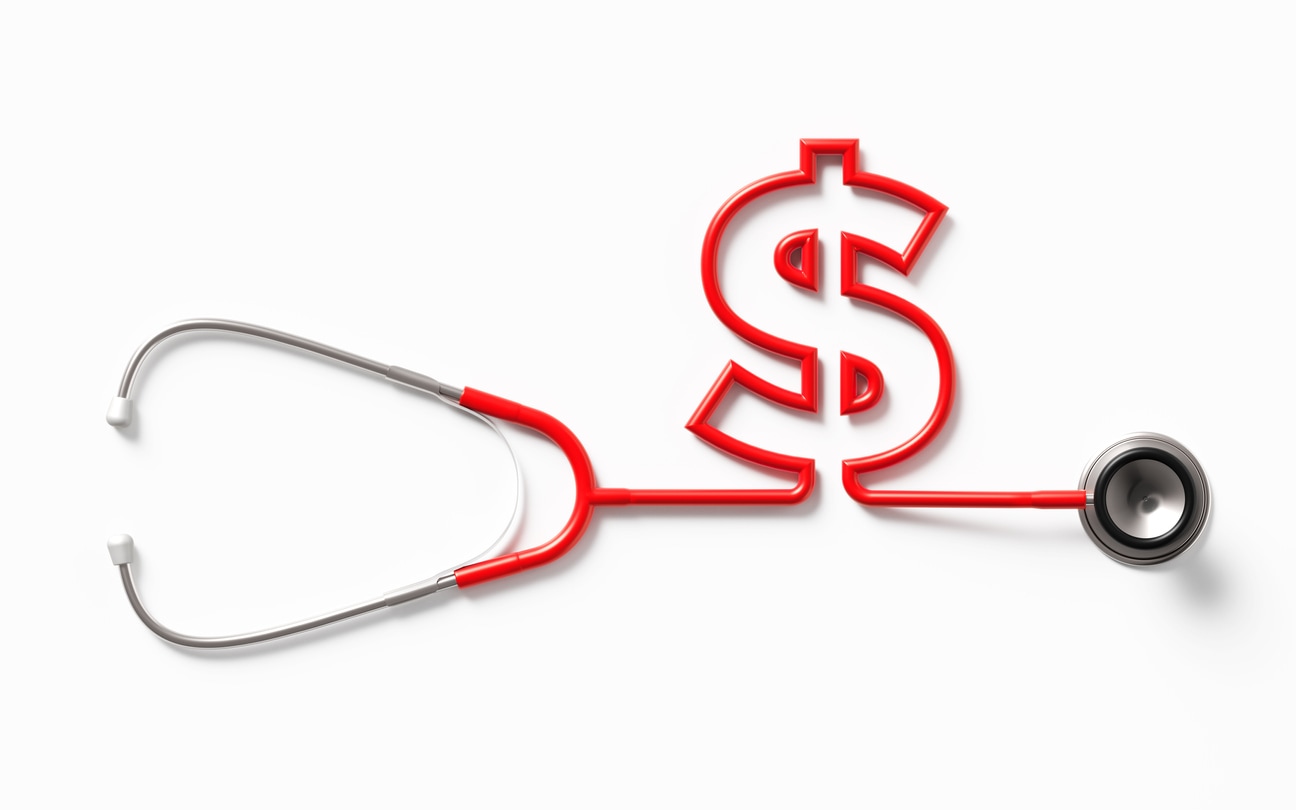Potassium is an essential mineral that helps control fluid levels in the body, keeps muscles working properly, and supports healthy blood pressure. While it’s critical to maintaining a healthy system, it is possible to have too much potassium, particularly if you suffer from chronic kidney disease (CKD). If you or a loved one is living with CKD, it’s important to understand how potassium impacts the body and how to manage it.
It starts with the kidneys
Your kidneys remove waste such as extra fluid and minerals, including potassium, from the body so they don’t build up in your system and cause other problems including heart disease and weakened bones. When you have CKD, your kidneys don’t filter the blood effectively. In advanced stages of the disease, the kidneys can stop working entirely.
If your kidneys are compromised, you need to be mindful of your dietary and lifestyle choices so that you don’t put extra stress on your kidneys and worsen your condition. Choosing the right balance of foods will help you get the nutrition you need without excess minerals.
What’s a healthy level of potassium?
For people living with CKD, managing potassium levels is key. How much potassium do you need? The answer depends on your condition, so talk with your doctor about what’s right for you. Normal potassium in a typical diet of a healthy adult is about 3,500-4500 mg per day.
However, for people on a potassium-restricted diet because of kidney disease, daily potassium intake could be around 2,000 mg or lower.
Understanding hyperkalemia
The medical term for having too much potassium in your system is hyperkalemia. CKD is one of its most common causes. Hyperkalemia can lead to heart problems or even a sudden heart attack. Symptoms of this condition are often mild and hard to pinpoint because they develop slowly over time. They can include:
- Muscle problems — either weakness or paralysis
- Abnormal heartbeat
- Chest palpations
The only way to know if you have hyperkalemia is through a blood test ordered by your doctor.
Balancing nutrition and potassium
If you’re diagnosed with hyperkalemia or have CKD, your doctor may put you on a potassium restricted diet. You’ll need to learn what foods are high in potassium and manage the portion size of foods you eat that contain potassium. Some of the high-potassium foods you may need to eat less of are:
- Melons
- Oranges/Orange juice
- Cooked spinach
- Bananas
- Dried apricots
- Raisins
- Potatoes/sweet potatoes
- Beans
Managing a kidney friendly diet (also called a “renal diet”) can be a little challenging since so many foods contain potassium. It takes education, practice, and consistency. Renal friendly meals from Mom’s Meals make the process a little easier. The refrigerated meals have been developed based on dietary recommendations – including potassium levels — for people living with kidney disease. Learn more.
Sources:
https://www.hsph.harvard.edu/nutritionsource/potassium/
https://www.kidney.org/atoz/content/what-hyperkalemia
https://ods.od.nih.gov/factsheets/Potassium-HealthProfessional/



